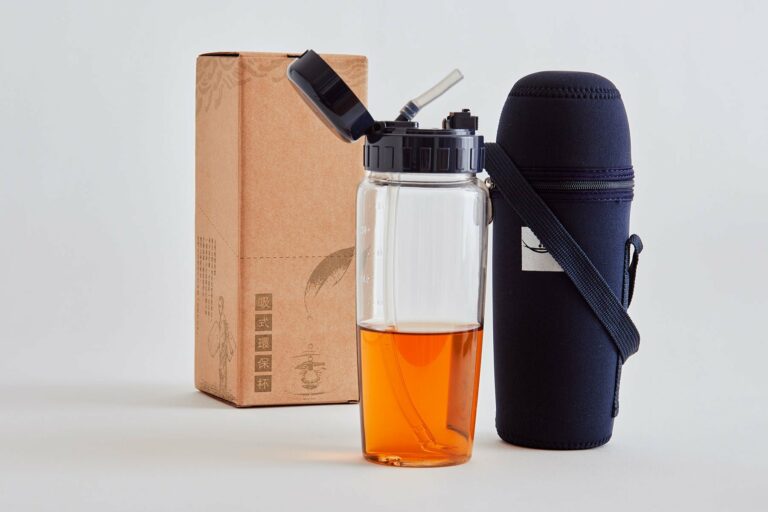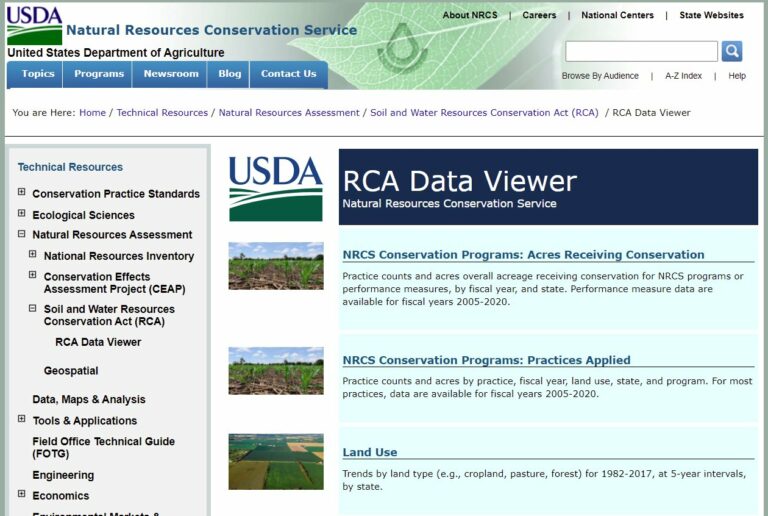Ways of Disposing Bottles of Vinegar: Reduce, Reuse & Recycle!
Got an unused bottle of vinegar lying around and wondering how to dispose of it? Look no further! We’ve got you covered with some smart and eco-friendly ways to bid farewell to that bottle of vinegar. Whether it’s a half-empty bottle or one that has expired, there are several methods you can follow to dispose of it safely and responsibly. Let’s explore some of the effective ways of disposing of a bottle of vinegar, so you can clear up space and contribute to a cleaner environment.
Ways of Disposing Bottles of Vinegar:
Introduction
Vinegar is a versatile household product that can be used for cooking, cleaning, and even as a natural remedy. However, as with any unused or expired item, it’s important to dispose of vinegar bottles properly. Improper disposal can have harmful effects on the environment and potentially pose a risk to human health. In this article, we will explore various ways to dispose of bottles of vinegar in an eco-friendly manner.
Pour Down the Drain
One of the easiest ways to dispose of vinegar bottles is by pouring the liquid down the drain. Vinegar is an acidic substance and can help in breaking down grease and clearing clogged drains. Follow these steps for proper disposal:
- Ensure the vinegar is completely unused or expired.
- Remove any remaining vinegar from the bottle.
- Run hot water down the drain for a few minutes to help dilute the vinegar.
- Pour the vinegar down the drain slowly, avoiding any splashing.
- Flush the drain with more hot water to ensure proper dilution and rinsing.
Recycle Glass Bottles
Another eco-friendly option for disposing of vinegar bottles is by recycling the glass. Glass is infinitely recyclable, meaning it can be recycled over and over again without any loss in quality. Follow these steps to recycle your vinegar bottles:
- Rinse the vinegar bottle with water to remove any remaining residue.
- Remove any non-glass components, such as lids or labels.
- Check with your local recycling center to ensure they accept glass bottles.
- Place the empty glass bottle in the designated recycling bin.
- If curbside recycling is available, follow the guidelines provided by your municipality.
Reuse for DIY Projects
Instead of disposing of vinegar bottles, consider reusing them for a variety of DIY projects. The sturdy glass and airtight lids make them perfect for storage, organization, and creative upcycling ideas. Here are a few ways you can repurpose your vinegar bottles:
- Create a homemade salad dressing dispenser by adding a pour spout attachment to the bottle.
- Use them as stylish vases for flowers or herbs.
- Store homemade cleaning solutions or liquid soaps.
- Make your own infused oils or flavored vinegar by filling the bottle with herbs and spices.
- Use them to store small craft supplies like beads, buttons, or glitter.
Participate in Hazardous Waste Collection Programs
If you’re unable to recycle your vinegar bottles or find alternative uses for them, consider participating in hazardous waste collection programs. These programs are designed to handle and dispose of potentially hazardous materials safely. Here’s how you can get involved:
- Contact your local municipality or waste management agency to inquire about hazardous waste collection events.
- Follow the guidelines provided for packaging and drop-off locations.
- Ensure the vinegar bottles are properly sealed to prevent leaks.
- Deliver the bottles to the designated collection site during the scheduled collection event.
- Confirm that the hazardous waste collection program accepts glass bottles containing vinegar.
Donate to Local Schools or Community Centers
Consider donating your unused vinegar bottles to local schools or community centers. These institutions often have a need for empty containers for various educational and art projects. Reach out to the following places to see if they would accept your vinegar bottles:
- Schools or science departments
- Art or craft centers
- Community centers or youth organizations
- Summer camps or after-school programs
Compost the Vinegar
If the vinegar is organic or made from natural ingredients, consider composting it instead of throwing it away. Vinegar is a mild acid and can contribute to the acidity of the compost, which can be beneficial for certain plants. Follow these steps to compost your vinegar:
- Mix the vinegar with other compostable materials, such as food scraps, yard waste, and paper.
- Ensure the compost pile is well-balanced with a proper mix of green (nitrogen-rich) and brown (carbon-rich) materials.
- Turn the compost pile regularly to help with decomposition.
- Monitor the moisture levels to ensure the compost remains slightly damp.
- Use the finished compost to enrich your garden soil.
Properly disposing of vinegar bottles is essential to protect the environment and our health. Whether it’s pouring the vinegar down the drain, recycling the glass, reusing the bottles, participating in hazardous waste collection programs, donating to local institutions, or composting, there are several eco-friendly options available. By choosing the right method for your situation, you can ensure that your vinegar bottles are disposed of responsibly while minimizing your impact on the environment.
Best out of waste plastic bottle craft idea | how to reuse vinegar bottle |Waste material craft idea
Faqs for Ways of Disposing Bottles of Vinegar:
No, it is not recommended to pour vinegar down the drain as it can cause damage to your plumbing system due to its acidic nature.
Yes, you can dispose of vinegar in the trash. However, it is advisable to dilute it with water before pouring it into the garbage to minimize the potential harm it may cause.
In general, glass bottles used for vinegar can be recycled. Before recycling, make sure to rinse the bottle thoroughly to remove any residue.
Yes, vinegar can be used as a natural weed killer. However, it is essential to use it cautiously, as it can harm other plants if not applied directly and carefully targeted towards the weeds.
Absolutely! Empty vinegar bottles can be washed and reused for various purposes such as storing homemade cleaning solutions, salad dressings, or other liquids.
Vinegar and its bottle are not suitable for composting. While vinegar is acidic and may disrupt the balance of your compost, glass bottles take a long time to break down and should be recycled instead.
Final Thoughts:
there are several effective ways of disposing of a bottle of vinegar. First, it can be safely poured down the drain and diluted with water to neutralize its acidity. Alternatively, vinegar can be used for cleaning purposes, such as removing stains or disinfecting surfaces. Another eco-friendly option is to repurpose the bottle for storage or crafts. Lastly, if the vinegar is expired or no longer usable, it should be properly disposed of at a local hazardous waste facility to prevent harm to the environment. By exploring these various methods, individuals can responsibly dispose of their bottle of vinegar.



